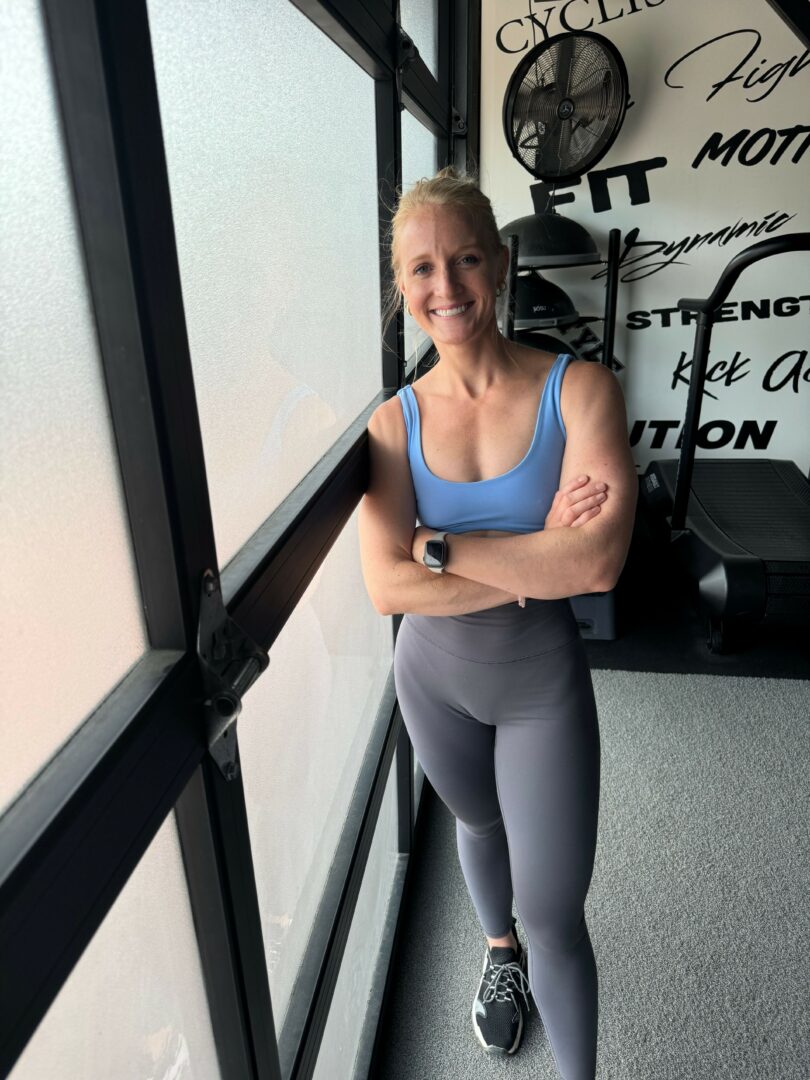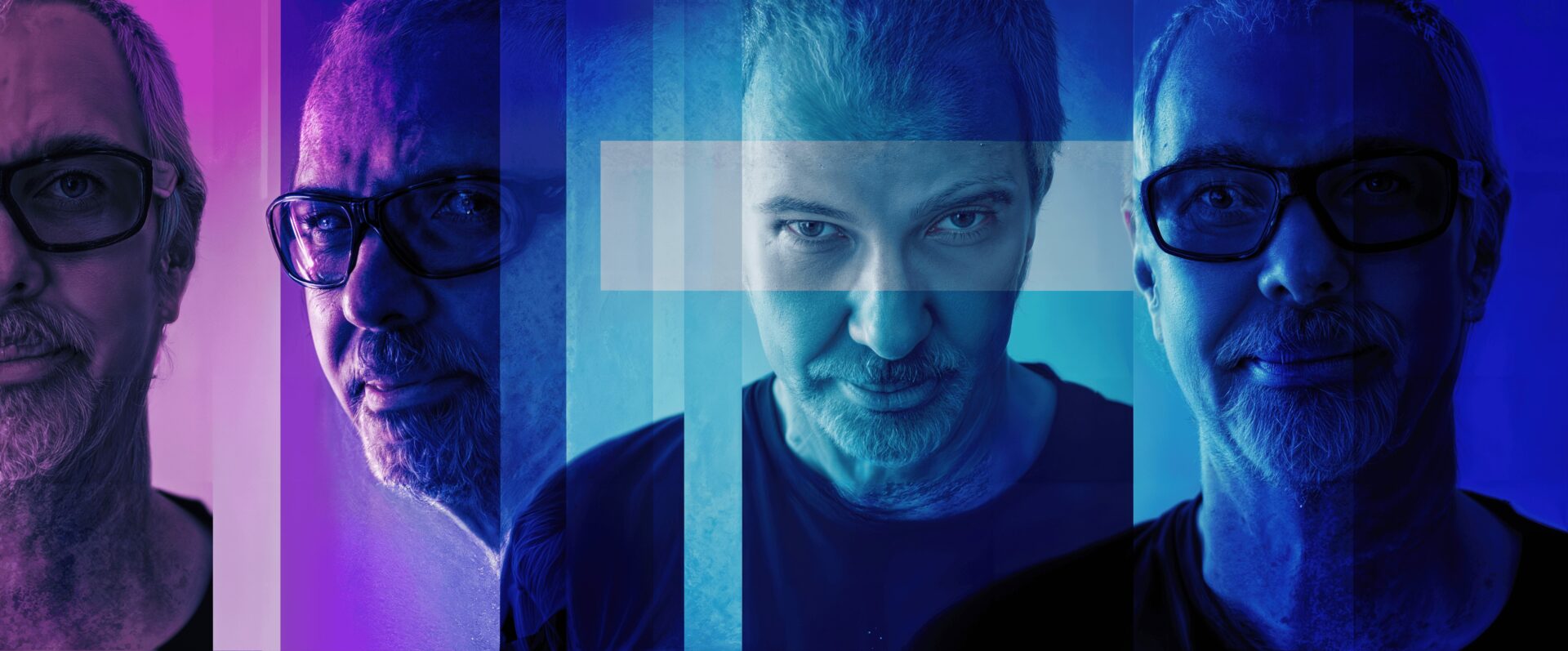We were lucky to catch up with Laura Arnold recently and have shared our conversation below.
Hi Laura, thank you so much for opening up with us about some important, but sometimes personal topics. One that really matters to us is overcoming Imposter Syndrome because we’ve seen how so many people are held back in life because of this and so we’d really appreciate hearing about how you overcame Imposter Syndrome.
Honestly, I didn’t “overcome” it in one big, magical moment—I learned how to move forward with it. When I first started coaching, I felt this constant pressure to have it all figured out or to be the “perfect” example of health. Over time, I realized that perfectionism was really just a disguised form of fear.
What helped most was shifting my focus outward. I stopped asking, “Am I good enough?” and started asking, “How can I serve my clients today?” Whether it’s the woman who’s tried every quick fix and is just tired of starting over, or the man who’s just beginning his health journey and wants real, lasting change—I stopped making it about me. And once I did, those imposter feelings started to lose their grip.
I’ve also had to remind myself regularly: I’m not here because I know everything. I’m here because I care deeply, I do the work, and I keep showing up. That kind of consistency builds real confidence—and that’s what I try to model for my clients, too.
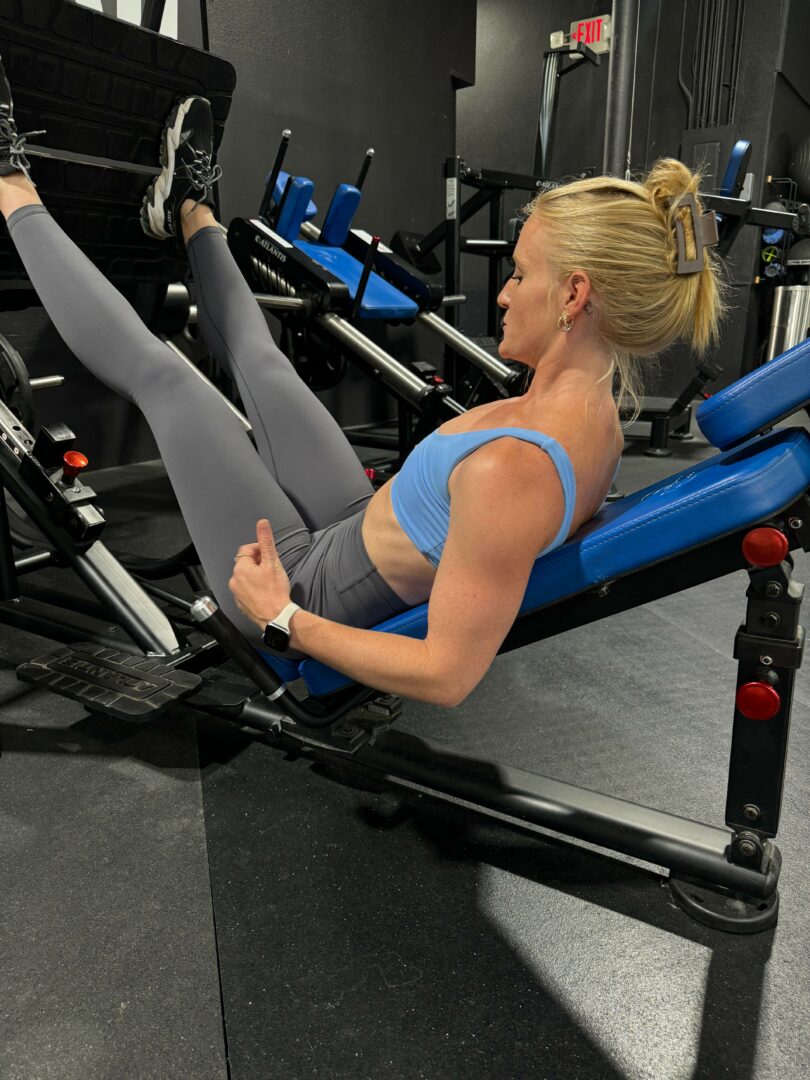
Thanks, so before we move on maybe you can share a bit more about yourself?
I help men and women who’ve struggled with eating and exercise habits finally build a sustainable, balanced relationship with their health. Many of my clients have tried every fad, every “all-or-nothing” approach, and feel stuck in a cycle of starting over. My coaching is designed to break that cycle for good.
What makes my work special is that I coach the whole person. We talk about workouts and protein, yes—but also perfectionism, body image, emotional eating, and the mental load of trying to “get it right” all the time. It’s not about chasing an ideal. It’s about building strength, confidence, and consistency—inside and out.
What excites me most is watching clients go from doubting themselves to doing things they never thought possible. Not just in the gym, but in their lives. That shift is powerful.
I run LA Health Co., where I offer 1:1 coaching that’s highly personalized—because cookie-cutter plans just don’t work for the men and women I serve. Right now, I’m expanding into small group coaching, which has been an incredible way to build community and momentum. I’m also developing a few resources behind the scenes that will give people more support between sessions.
At the end of the day, I believe health isn’t about being perfect. It’s about showing up, one small step at a time, and building a life you actually want to live.
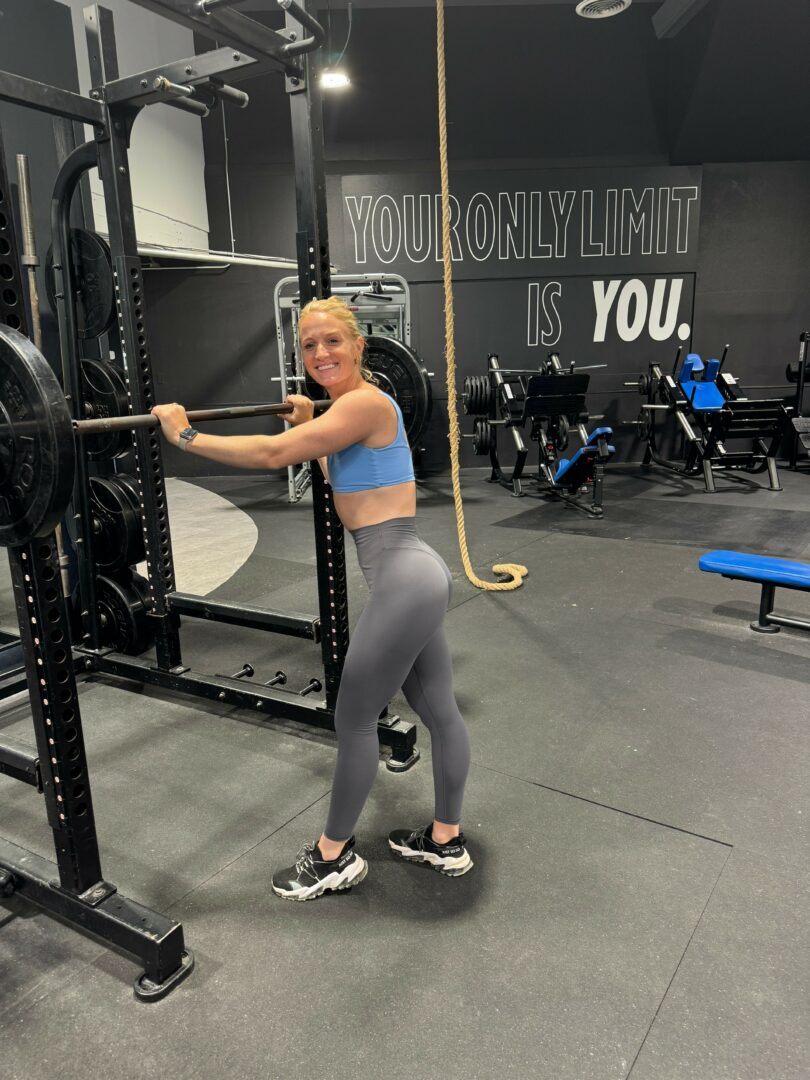
Looking back, what do you think were the three qualities, skills, or areas of knowledge that were most impactful in your journey? What advice do you have for folks who are early in their journey in terms of how they can best develop or improve on these?
Empathy – Hands down, this has been the most important. When you’re coaching people who feel like they’ve failed over and over again, you need to get it. You can’t just throw information at them—you have to see them. Empathy helps you meet people where they are without judgment. My advice? Practice listening more than you talk. Ask better questions. And stay curious about why someone is stuck instead of assuming you know the answer.
Resilience – There’s no getting around it: building a business, putting yourself out there, supporting others… it’s vulnerable work. I’ve had moments where I questioned everything. But learning how to keep going, adjust, and grow through hard seasons has been key. If you’re just starting, don’t wait until you feel “ready.” Start. Messy is fine. The only way to build resilience is to do the thing and keep going.
The ability to coach the whole person – At first, I thought I needed to just be good at nutrition and movement. But that’s only a fraction of the job. Learning about mindset, behavior change, and nervous system regulation changed everything. If you’re early on, start learning about the psychology behind habits. The real breakthroughs happen when you understand what drives people—not just what to tell them to eat or lift.
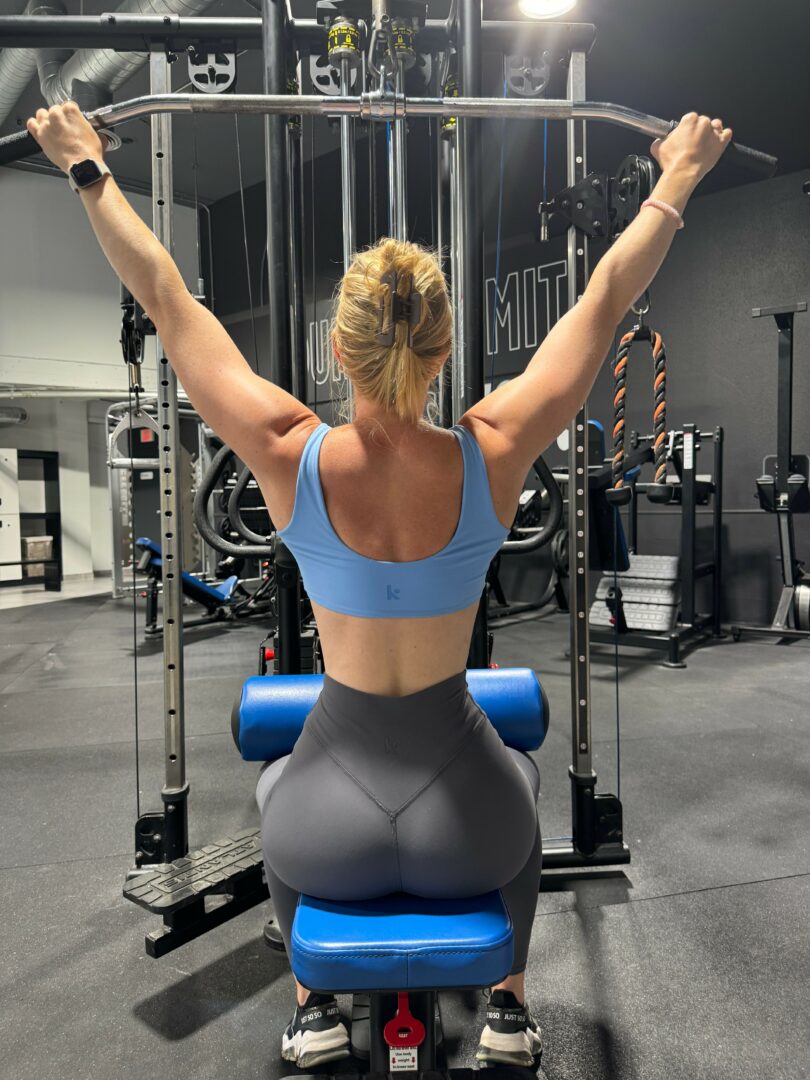
Tell us what your ideal client would be like?
My ideal clients are men and women who’ve spent years stuck in the “all or nothing” cycle with their health. They’ve tried the quick fixes, the crash diets, the workout challenges—maybe even had some success—but it never lasted. Now, they’re tired of the extremes and ready for a more sustainable, balanced approach.
They’re often the ones who’ve prioritized work, family, or others for so long that their own health has taken a backseat. But something has shifted—they’re ready to take ownership, even if they’re not sure where to begin. They’re open to learning, willing to be honest, and ready to commit to real change, not just surface-level results.
What makes someone ideal for my coaching isn’t how fit they are or how much they know—it’s that they’re coachable, curious, and ready to do the deeper work. I work best with people who want support, not shame; structure, not restriction; and who are ready to build something that lasts—not just for a season, but for life.
Contact Info:
- Website: https://www.lahealthco.com
- Instagram: lahealthco
- Linkedin: https://www.linkedin.com/company/la-health-co/
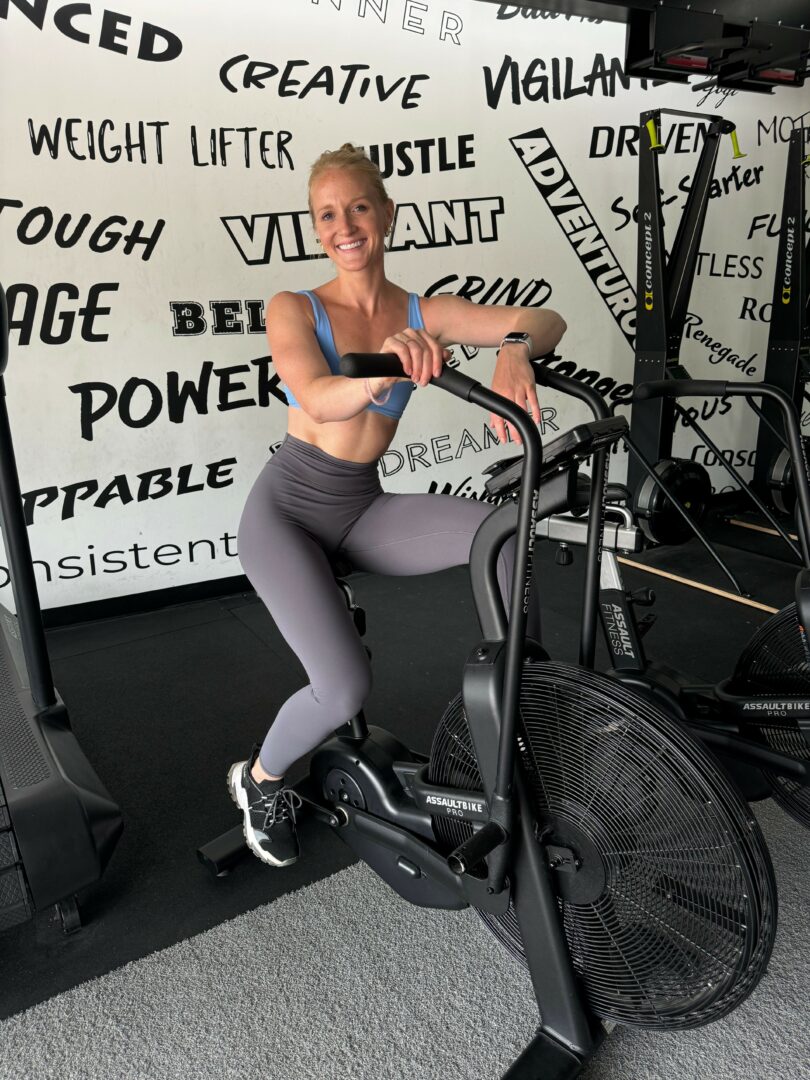
so if you or someone you know deserves recognition please let us know here.

